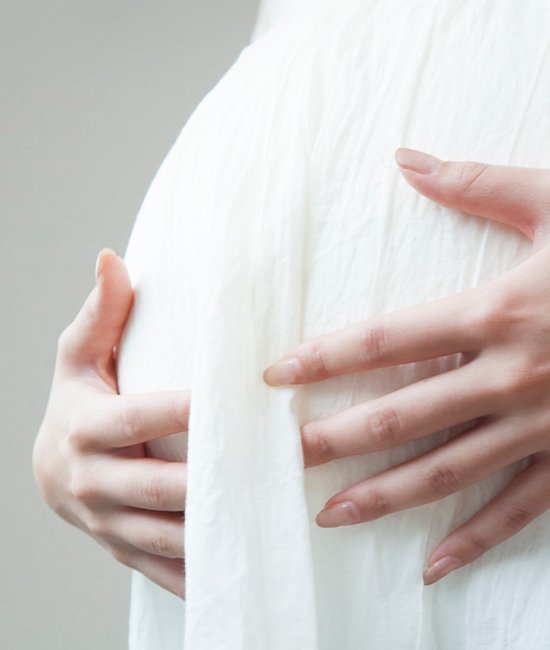Risky Pregnancy
 What is a Risky Pregnancy?
What is a Risky Pregnancy?
A high-risk pregnancy is a pregnancy in which there are increased health risks for the mother or baby. These risks can be caused by pre-existing health problems, complications during pregnancy or abnormalities in the baby.
Risky pregnancy factors:
The expectant mother:
- Chronic diseases such as diabetes, high blood pressure, heart disease, thyroid disease
- Intrauterine abnormalities (fibroids, polyps)
- Age: Under 17 years old or 35 years old and above
- Miscarriage or stillbirth in previous pregnancies
- Infections such as Toxoplasma or cytomegalovirus
- Multiple pregnancy
- Smoking or alcohol use
- Drug use
In the baby
- Chromosomal abnormalities (such as Down syndrome)
- Congenital organ anomalies (heart defects, spina bifida)
Risky pregnancy symptoms:
Symptoms are different in every high-risk pregnancy.
- Vaginal bleeding
- Abdominal pain
- Low back pain
- Water coming in
- Contractions and contractions
- Fire
- Nausea and vomiting
- Dizziness or fainting
- Decreased movements of the baby
Treatment of high-risk pregnancy:
The treatment of a high-risk pregnancy depends on the risk factors in the pregnancy and the patient's general health.
Medical Treatment: When diabetes is detected, diet, insulin therapy and exercise are recommended, and strict blood glucose monitoring should be done. Antihypertensive drugs such as alfamet can be used in hypertension.
Bed rest: Bed rest is recommended when there is a risk of miscarriage.
- Hospitalization (follow-up in hospital): If the health of the baby or mother is at risk, the pregnant woman is hospitalized and monitored.
- Premature delivery: Premature delivery may be necessary to save the baby's or mother's life. For the obstetrician, the mother's life will be the first priority.
After risky pregnancy:
After a high-risk pregnancy, the health status of the mother and baby is closely monitored. Your physician will give the necessary follow-up and advice